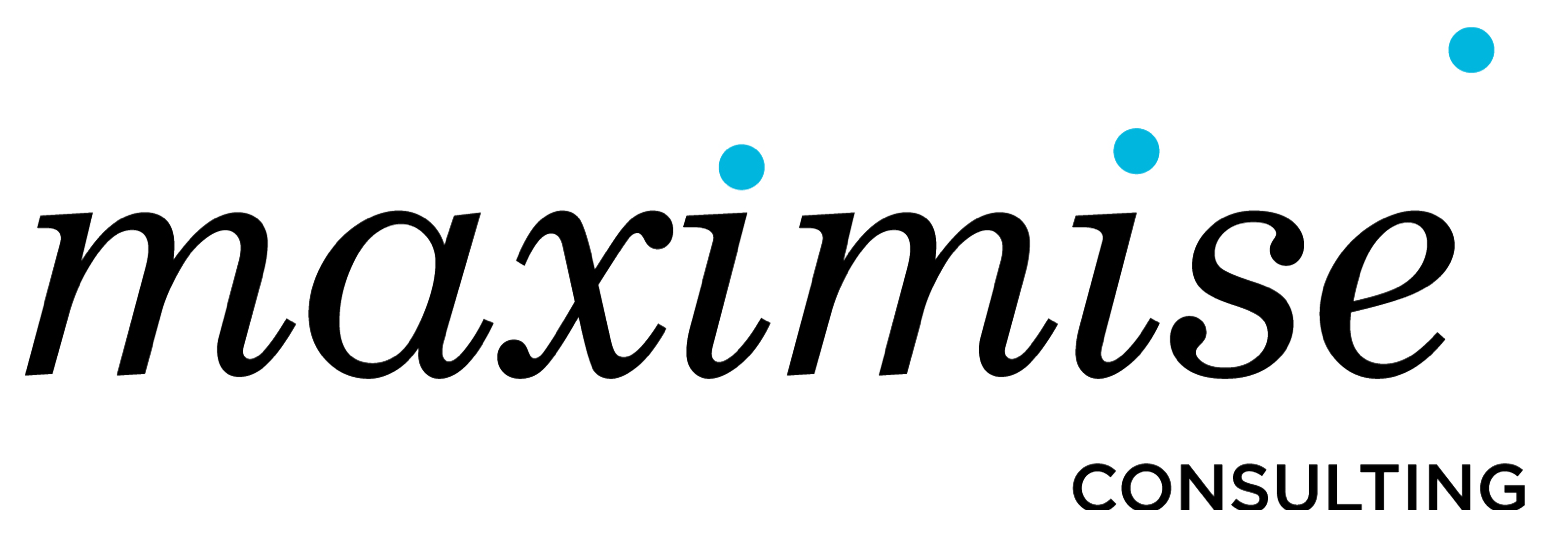Leading organisational change program
Change leadership skills for people managers: engaging and mobilising people, accelerating strategy execution, better business results.
For contemporary organisations and managers looking to achieve sustainable growth, drive innovation and customer responsiveness, while maintaining “business as usual”, a manager’s change leadership capability and the competence to execute continues to be an essential prerequisite.
In a turbulent and uncertain operating environment, in addition to effective planning, organising and controlling change activities and program milestones, it is the ability of leaders to understand, inspire and mobilise people for action that ensures long term success.
Depending on the scope of change, this could mean engaging critical stakeholders, direct reports, individuals, work groups, project teams or the entire workforce.
Change leadership a core capability
Managers and leaders in contemporary organisations are required to work with increasing levels of complexity and ambiguity and achieve results through engaging multiple stakeholders and managing cross-functional interdependencies, often with little formal authority. An intentional planned process to lead and manage change and engage the workforce is not only an effective risk management strategy it is increasingly an imperative for strategy execution and individual career success.
Whilst change management disciplines provide planned and predictable structures and controls, in equal measure, change leadership capabilities and practices optimise the likelihood of workforce engagement, ownership for the change agenda, and ultimately sustained business results.
Who benefits?
Developed through working with managers and change leaders in a broad range of industries and job functions, this series of working sessions integrates practical and theoretical perspectives to support change leaders and change managers to lead and execute complex change with clarity and confidence. If you are tasked with bringing people along, engaging and inspiring passion and commitment to a better future, and delivering sustainable business outcomes, then this program is a must.
Sample program content areas
1. Framing the Scope of Change
Defining the scope of change is critical to start with a clear view of the working assumptions that underpin the intended business change. This also implores senior leaders to create and agree a shared vision for success.
2. Creating the Change Plan
An effective change plan not only assembles the right activities in the right sequence over realistic timeframes, it involves key stakeholders early to build and accelerate ownership for the change agenda.
3. Engaging and Aligning People For Change
Bringing people on the change journey is frequently cited to be the most critical and challenging step in gaining and sustaining momentum for new ways thinking and of working. What does stakeholder engagement entail and how might the formal and informal aspects be leveraged? How important is the political dimension of organisational change, and how to credibly influence, and make it work to your advantage?
Harnessing the emotional dimension has been demonstrated to be the most essential, least understood and the least developed skillset of managers. What are the predictable and legitimate sources of employee resistance? What tactics are available to managers to inspire and encourage, as well as to address disengaging and destructive behaviours?
4. Change Leader Requirements
What does it take to plan, lead and embed business and behaviour change? What are the critical capabilities and the transferable practices for contemporary change leadership?
5. Measuring and Evaluating Change
What data is important to collect and how can change leaders evaluate the success of their change initiative or project? What is the relationship to collecting feedback, encouraging ownership and innovating lasting change?
6. Implementing and Sustaining Change
What are the critical levers for implementing and sustaining successful change? How can leaders mitigate against change fatigue? What is the significance of leadership behaviour, culture, people practices, monitoring and tracking systems, to making it stick?
Facilitation methods
A range of methods with an outcomes focus may be incorporated including, experiential activities, small group dialogue, theoretical overviews, peer consultation, action learning groups, brainstorming, skills practice, and action planning applied to current and proposed change projects.
Relevance, impact and practical tools
Drawn from fields as diverse as project management, performance psychology, management theory, complexity science and social anthropology, the discipline of contemporary change management continues to evolve.
This program demystifies the theory, makes it easy to understand and practically apply to real-time change initiatives. Key change tools provided and applied include: diagnostic, planning, engagement, implementation and measurement tools.
Customised program format
The Leading Change Program can be delivered in a range of flexible formats to suit your needs including:
Structured full day workshops
Series of staggered facilitated team sessions with time for work and application of deliverables in between
Team coaching, utilising real-time feedback to enhance the team’s capacity for action and reflection applied to real business issues using an action-learning format.
